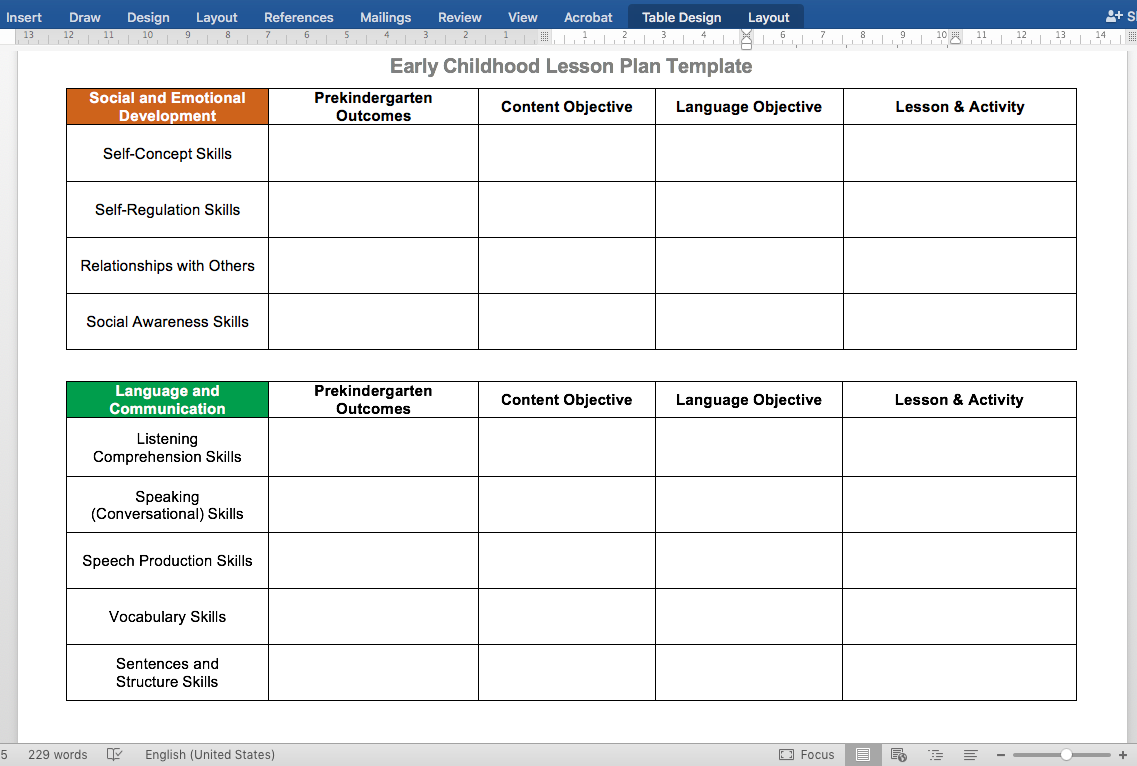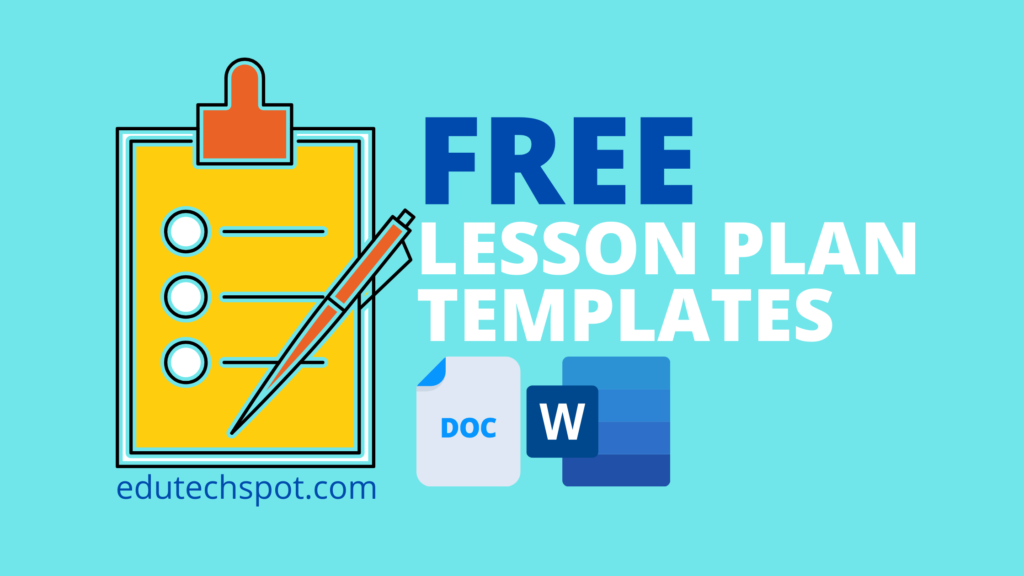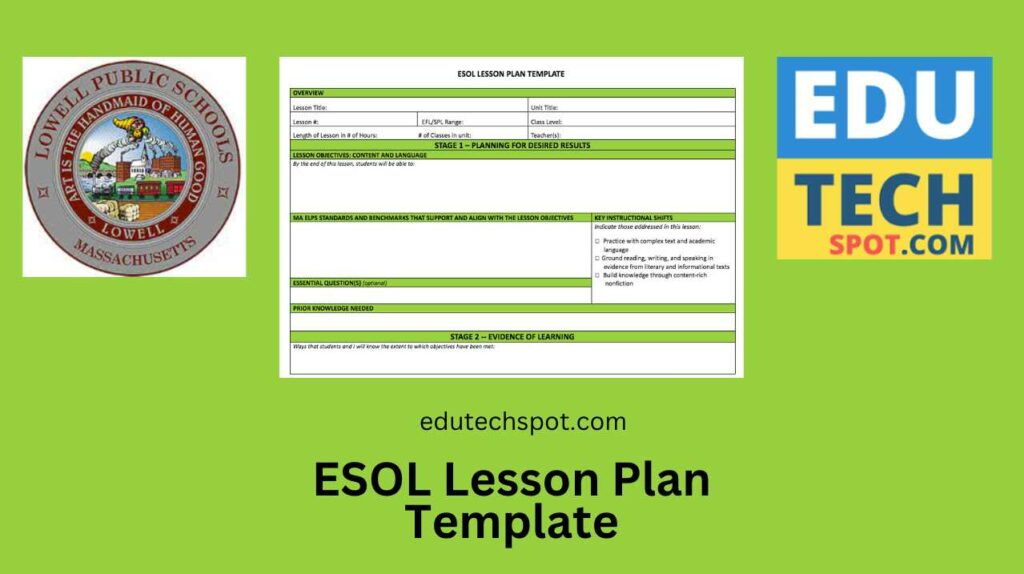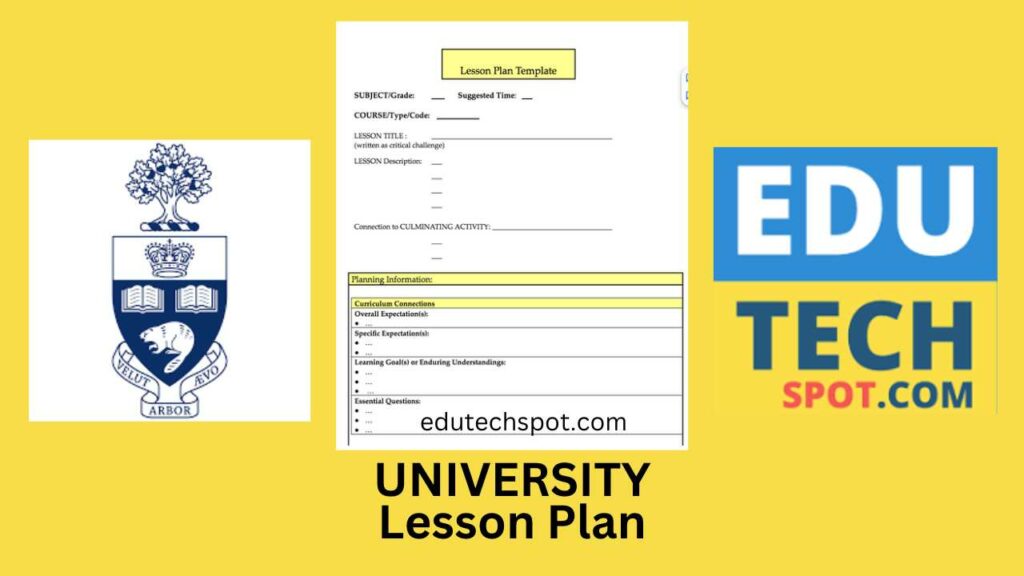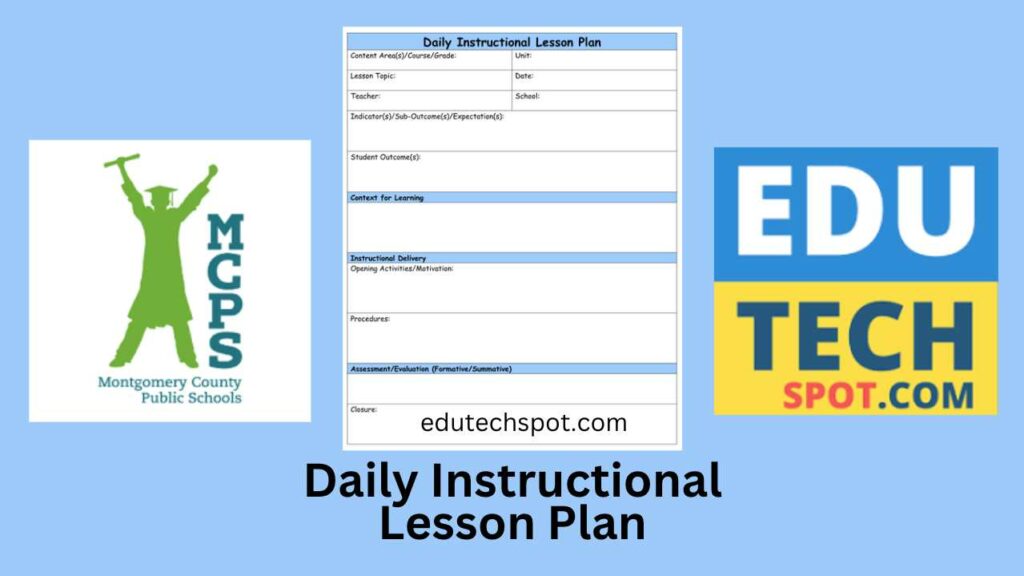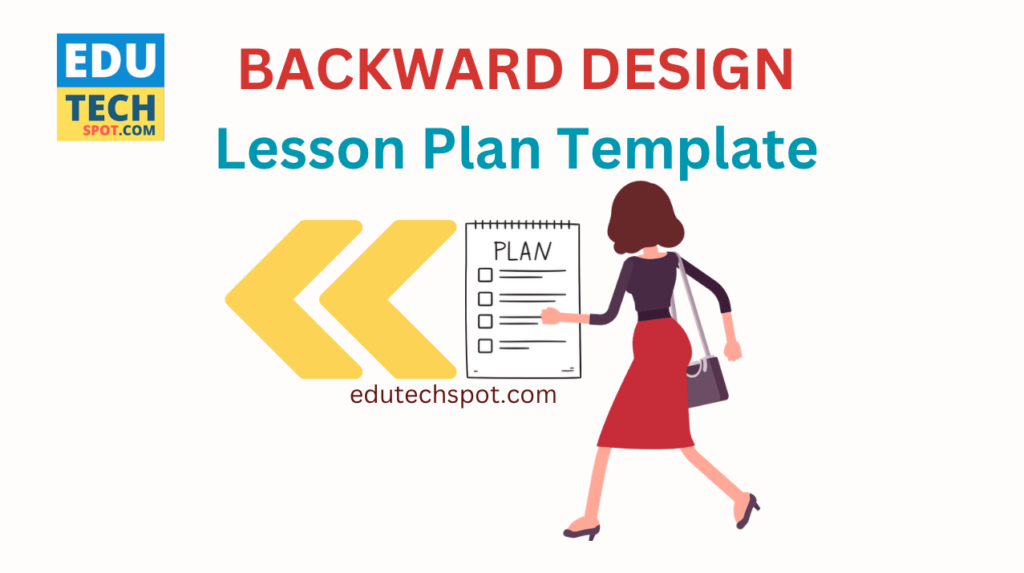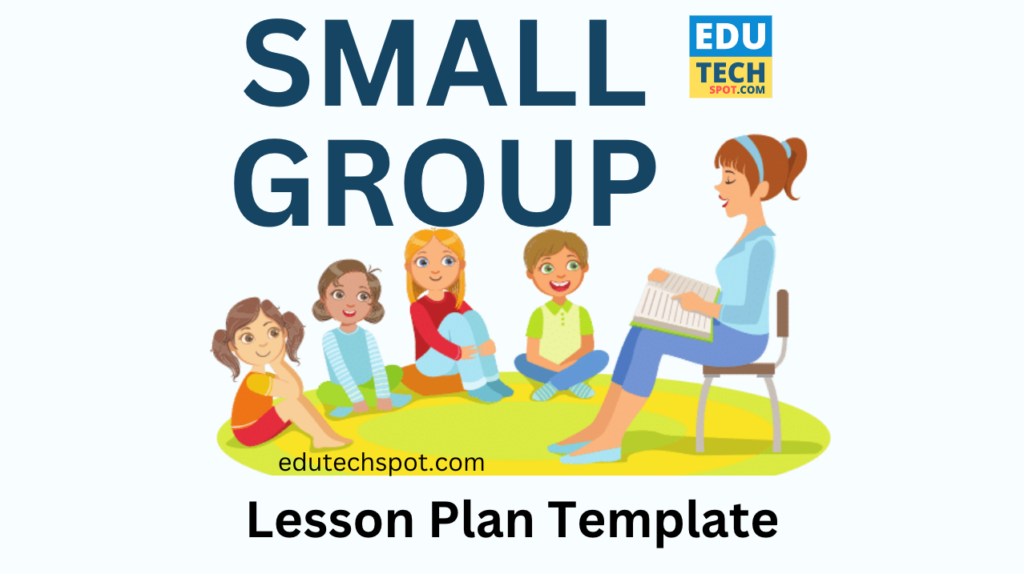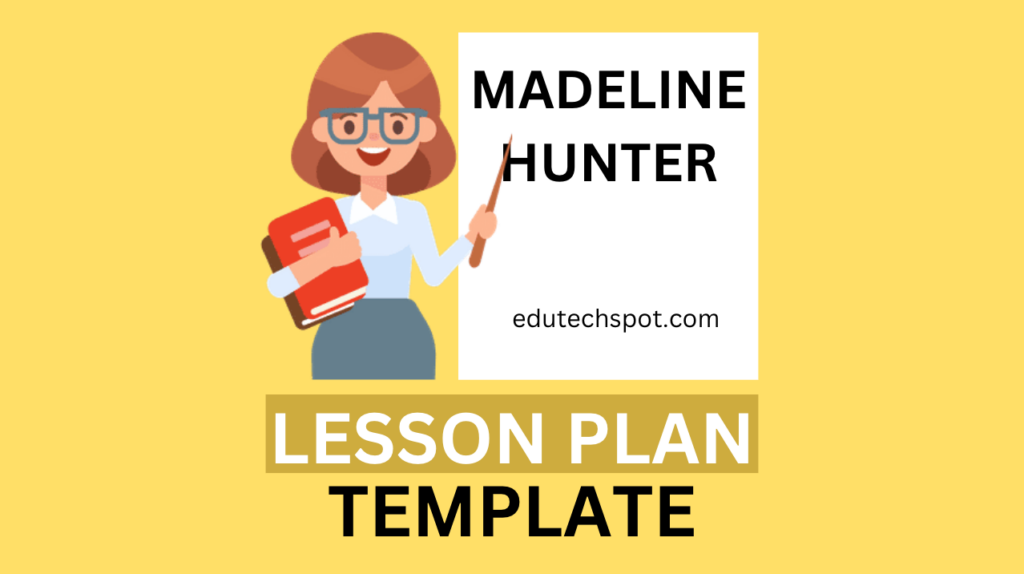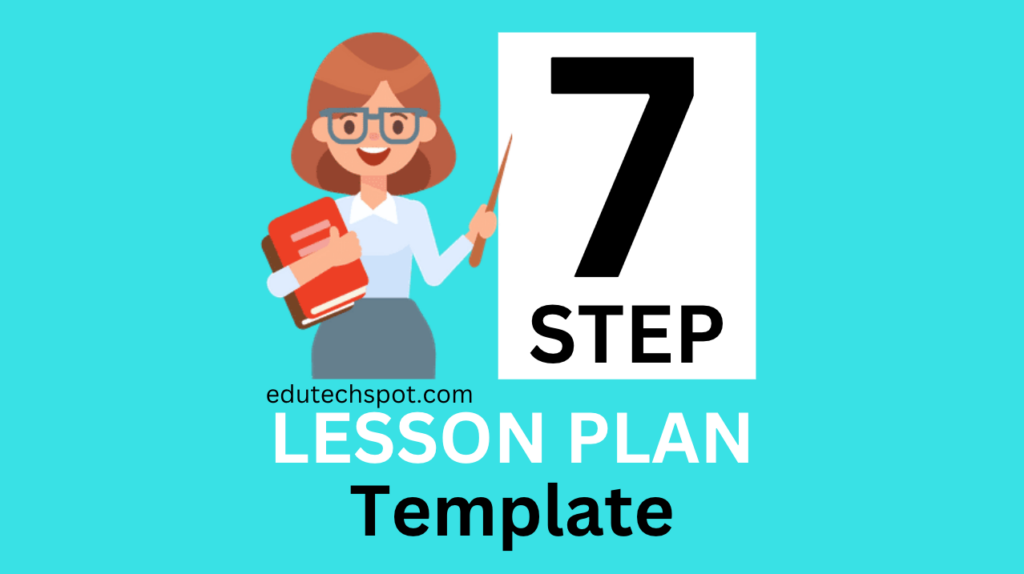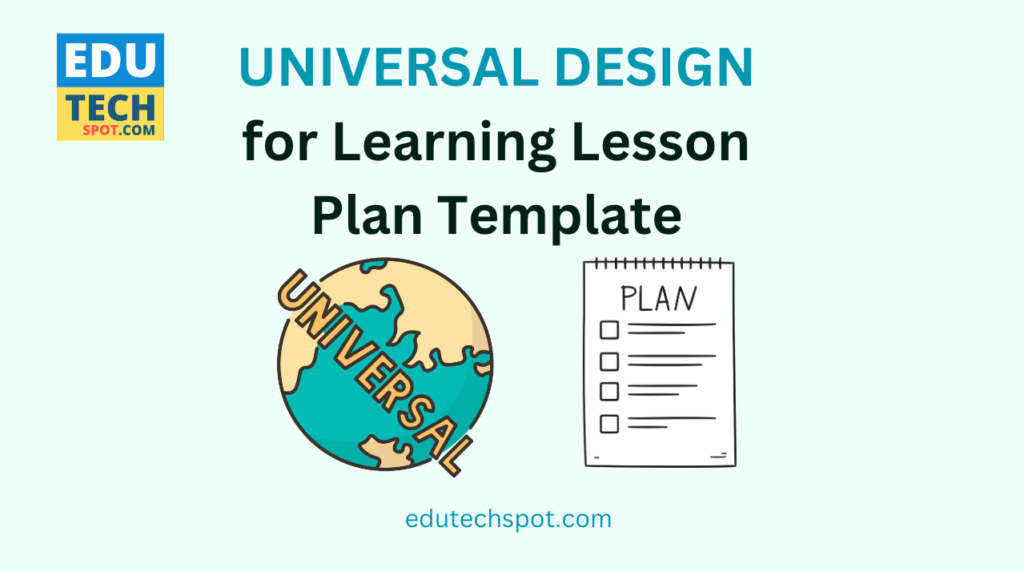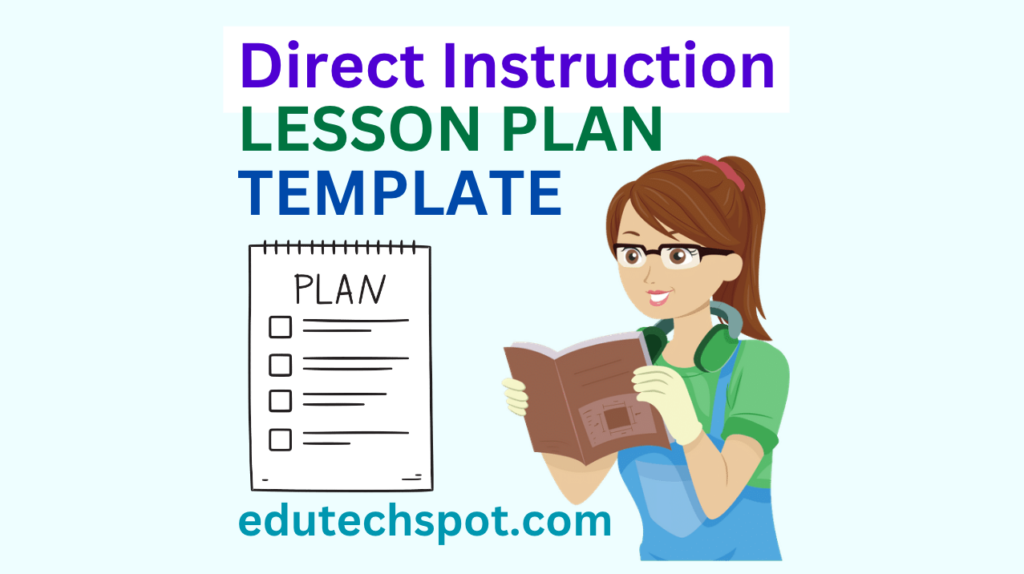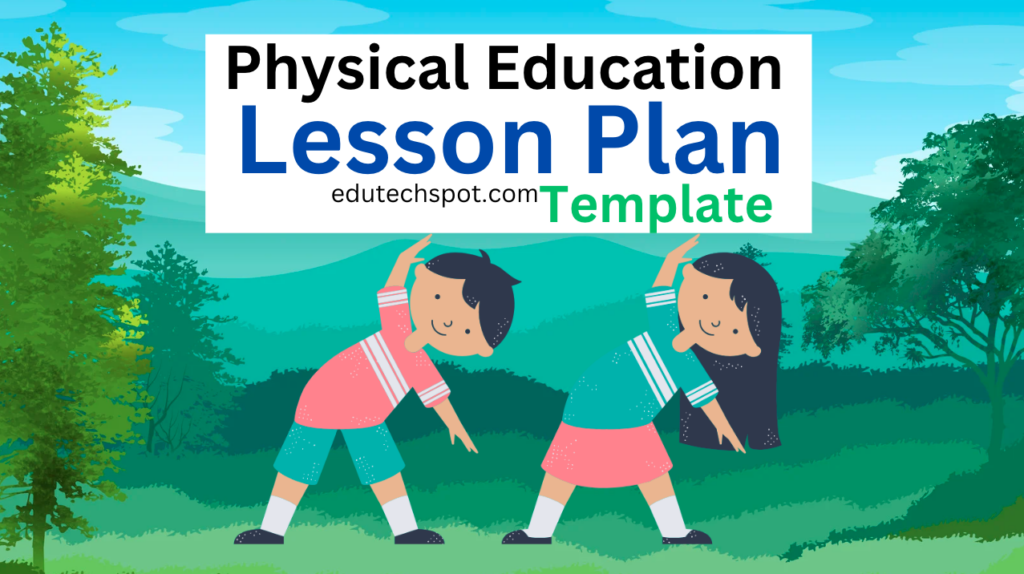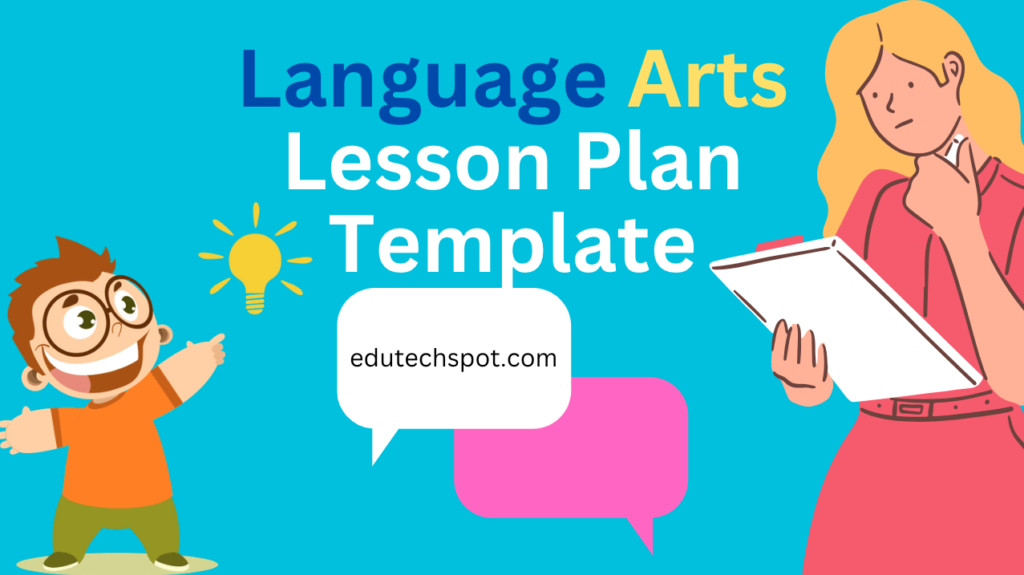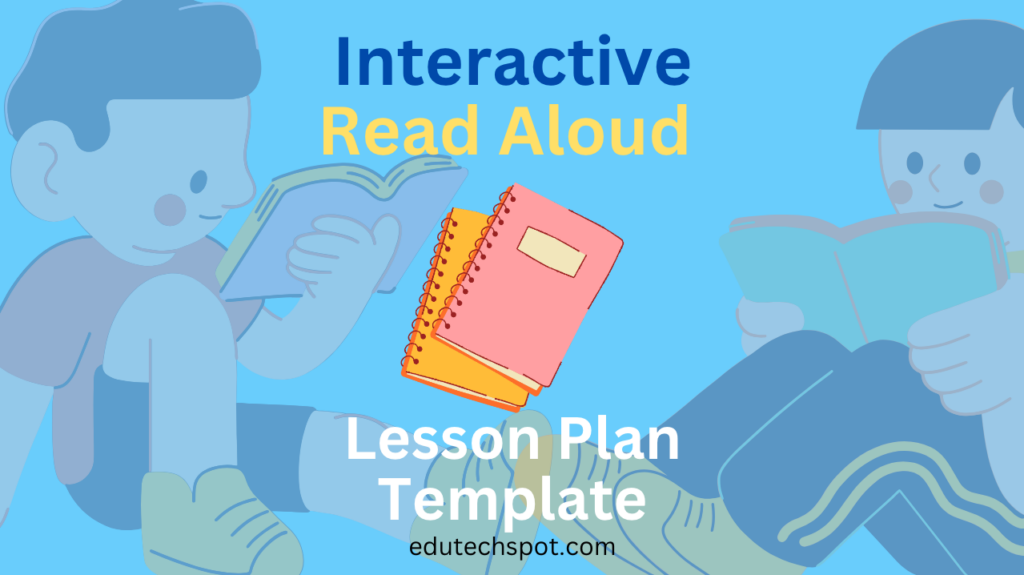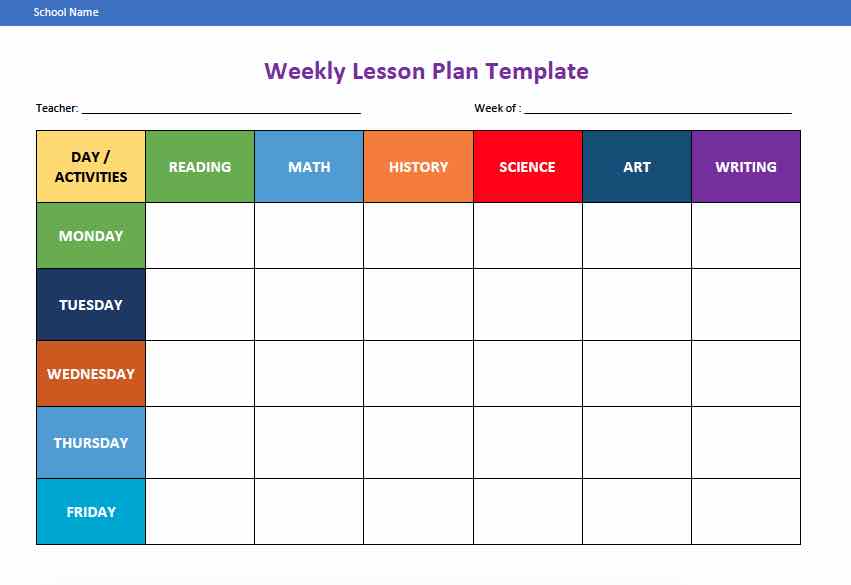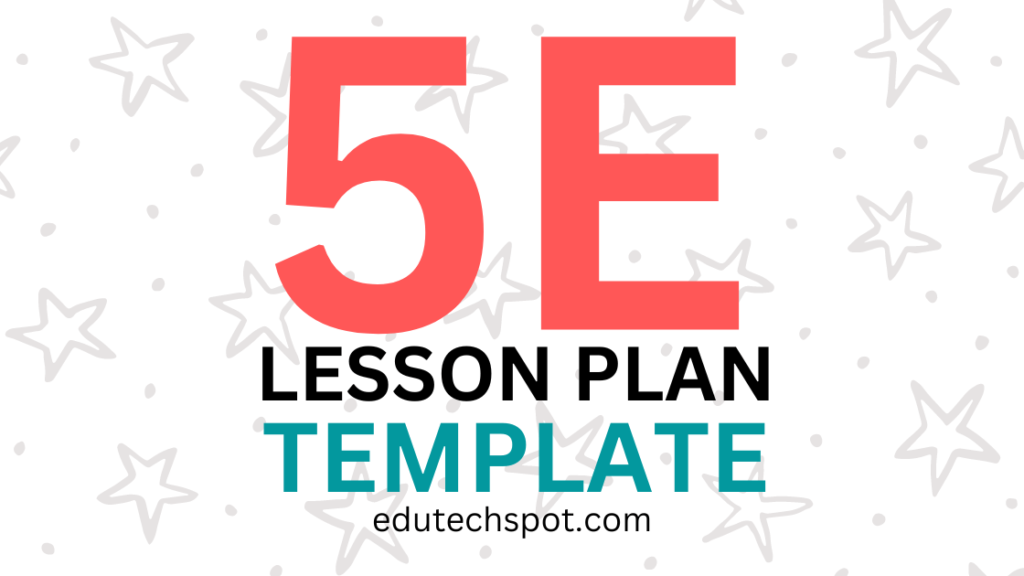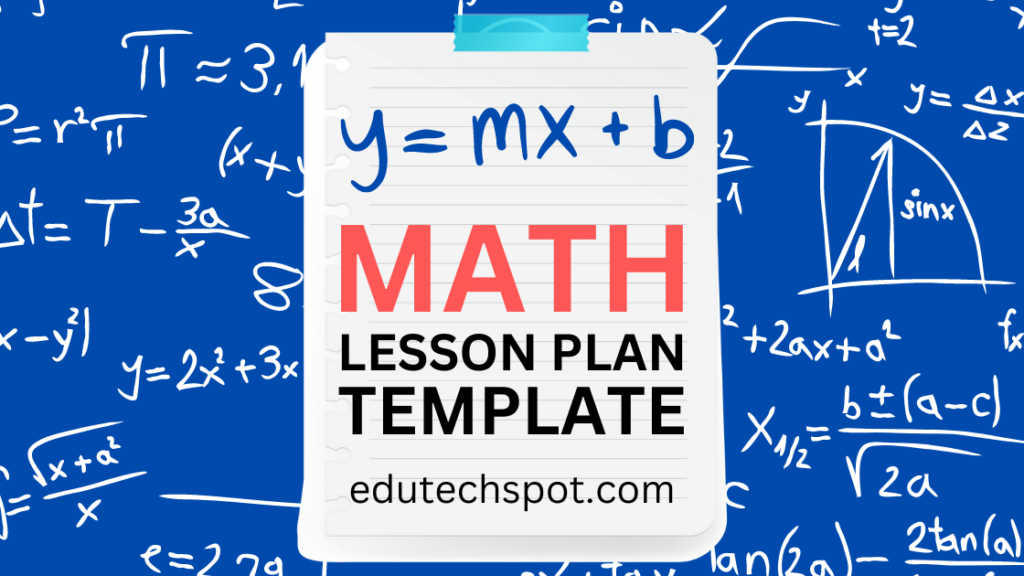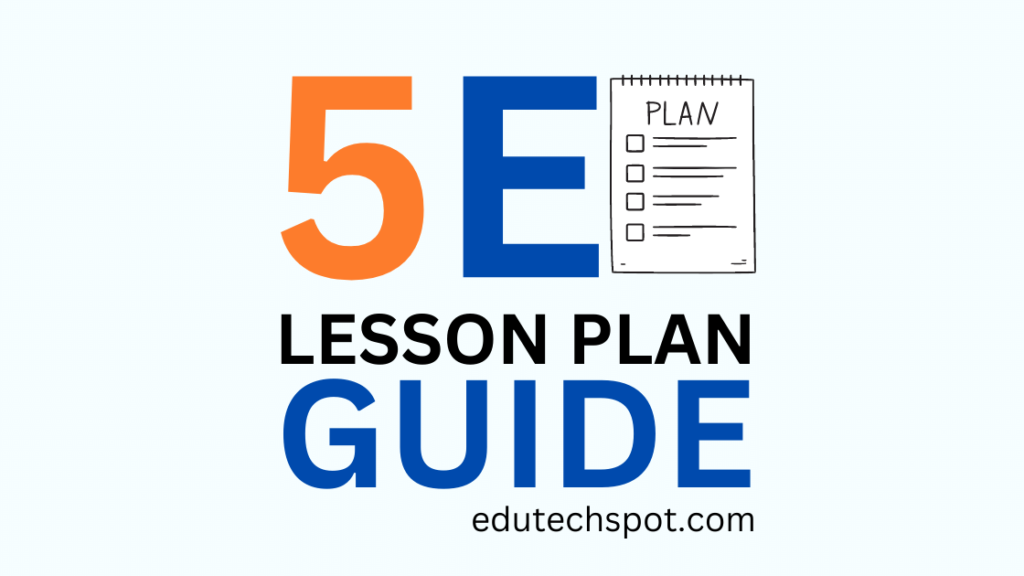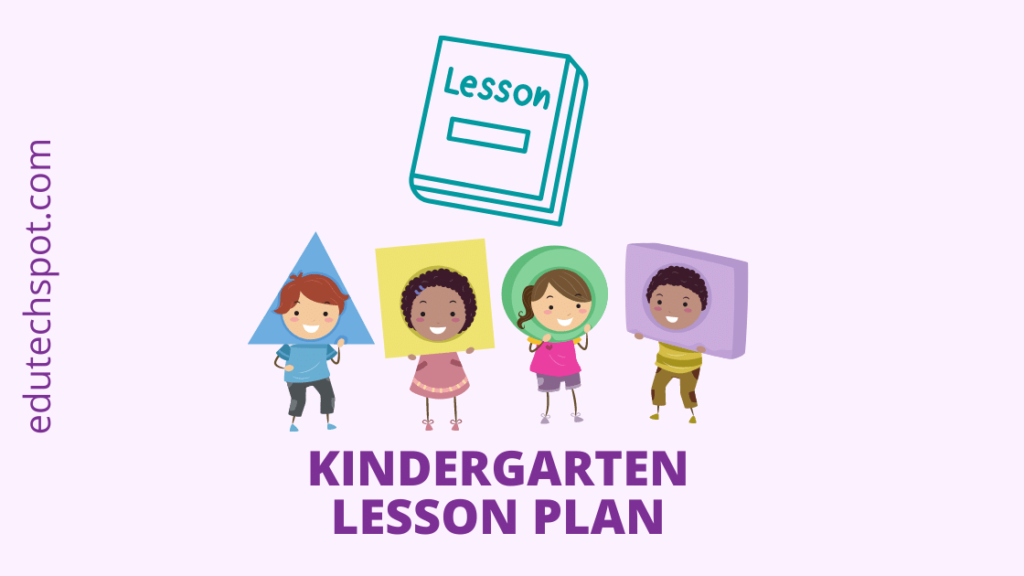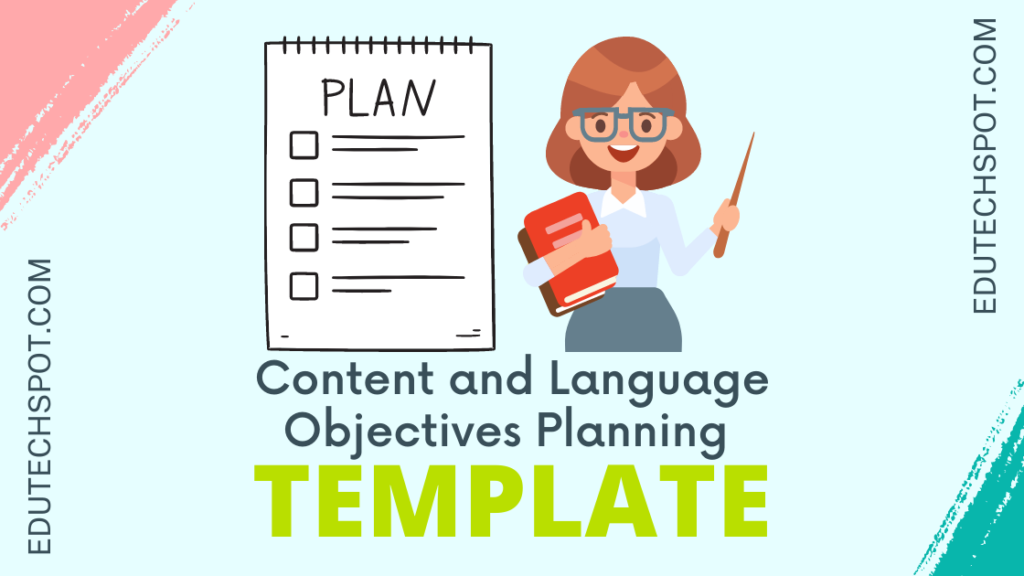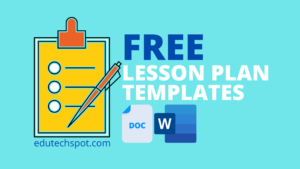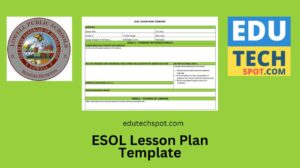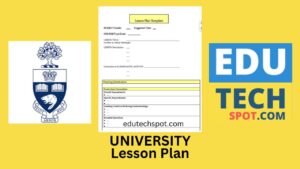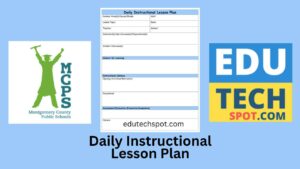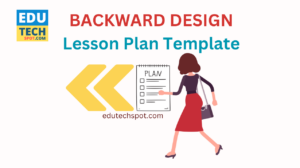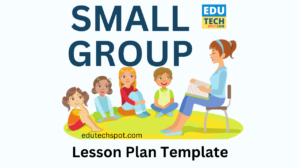Early Childhood Education Lesson Plan Template For educators seeking a clear and effective structure in preparing lessons for young learners, this template aims to provide a no-nonsense guide. It covers essential details such as topic, objectives, assessments, and differentiation strategies.
Early Childhood Education Lesson Plan Template Files
Pre Kindergarten
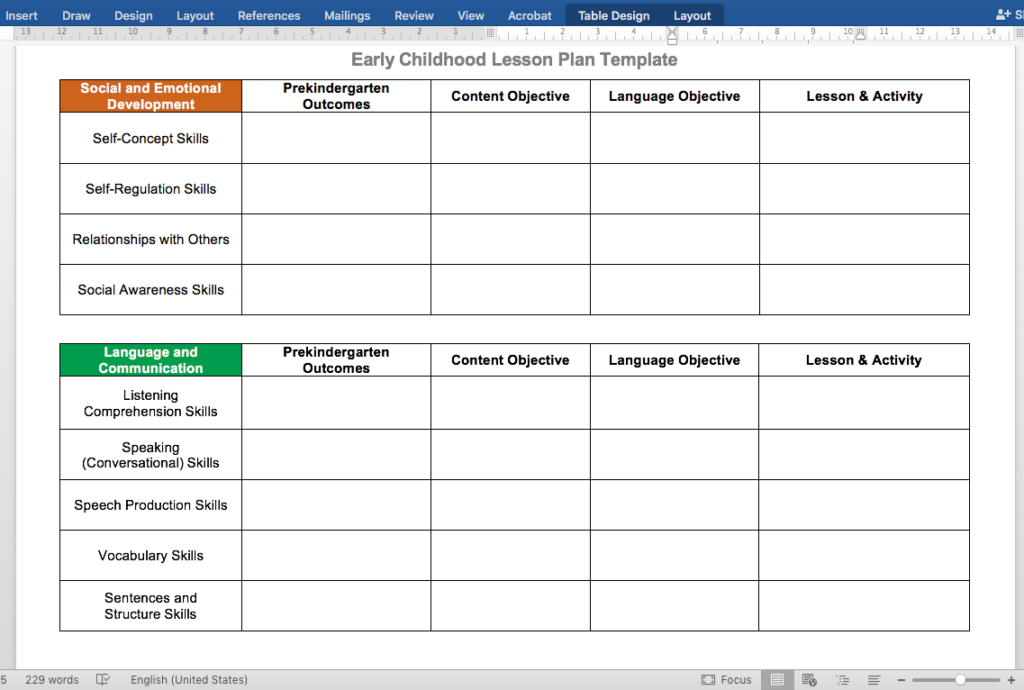
This is the frist Early Childhood Education Lesson Plan Template we offer. This is a lesson plan template for prekindergarten covering various areas. The “Social and Emotional Development” section emphasizes self-concept, self-regulation, relationships, and social awareness skills.
In “Language and Communication,” the focus is on listening comprehension, conversational speaking, speech production, vocabulary, and sentence structure.
“Emergent Literacy- Reading” and “Emergent Literacy- Writing” cover skills like motivation to read/write, phonological awareness, alphabet knowledge, comprehension, and writing conventions.
The “Mathematics” section includes counting, adding to/taking away, geometry, spatial sense, measurement, and classification/patterns. “Science” focuses on physical, life, and earth/space science.
“Social Studies” covers people, past/present, economic, geography, and citizenship skills. “Fine Arts” includes art, music, and dramatic expression.
“Physical Development” addresses gross and fine motor skills, personal safety, and health.
The “Technology Applications” section involves technology and devices skills.
Lesson Plan Templates for Google Docs Users
ESOL Lesson Plan Template
University Lesson Plan Template
Daily Instructional Lesson Plan
Backward Design Lesson Plan Template
Small Group Lesson Plan Template
Madeline Hunter Lesson Plan Template
7 Step Lesson Plan Template
Universal Design for Learning Lesson Plan Template
Direct Instruction Lesson Plan Template
Early Childhood Education Lesson Plan Template
Physical Education Lesson Plan Template
Language Arts Lesson Plan Template
Interactive Read Aloud Lesson Plan Template
Weekly Lesson Plan Template [FREE]
5E Lesson Plan Template
Math Lesson Plans Template
5E Lesson Plan
Lesson Plan Templates for Kindergarten
Content and Language Objectives Planning Template
Comprehensive Prekindergarten Lesson Plan Template.
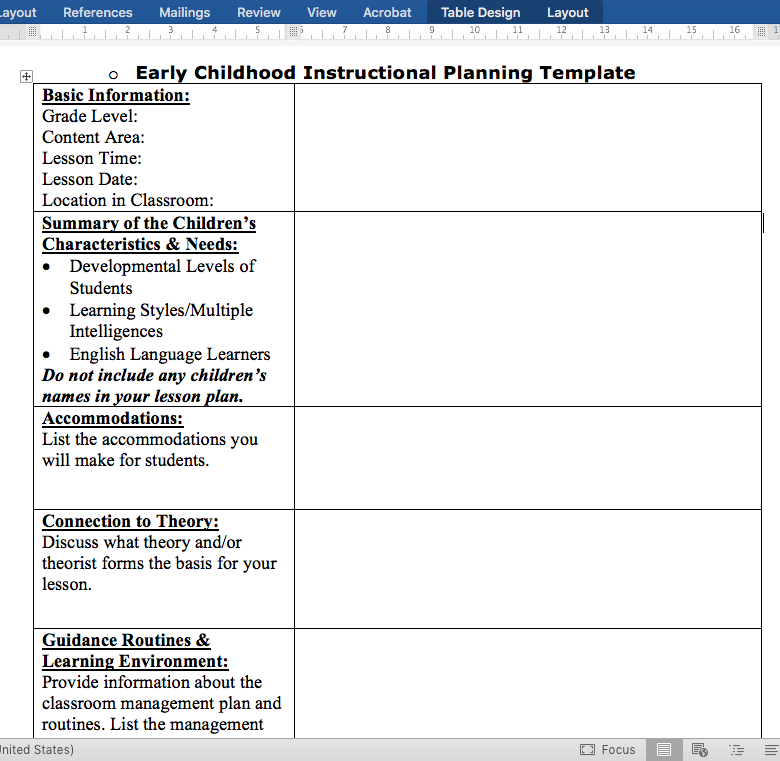
This is an instructional planning template designed for early childhood education, specifically prekindergarten. It includes essential details such as grade level, content area, lesson time, date, and location in the classroom. The template emphasizes understanding the characteristics and needs of the children, including developmental levels, learning styles, and considerations for English Language Learners, without mentioning specific student names.
Accommodations for diverse learners are outlined, and there’s a section to discuss the theoretical foundation that informs the lesson. The template also addresses classroom management plans, routines, and transition procedures. Applicable standards are listed and connected to learning objectives, ensuring a clear alignment with assessments. The plan recognizes prior knowledge and encourages connections to previously taught concepts.
A detailed materials and resources section provides a bulleted list of items needed for the lesson. Instructional procedures include an anticipatory set, specific steps, and plans for lesson closure. Considerations for early and late finishers are outlined, detailing activities for different pacing.
The assessment component is emphasized, with a requirement for alignment with objectives and standards. The plan underscores the importance of incorporating multicultural anti-bias educational aims and approaches. Overall, this comprehensive template guides educators in developing well-structured and inclusive lesson plans for early childhood education.
Comprehensive Early Childhood Lesson Planning and Reflective Analysis Template for Teacher Candidates
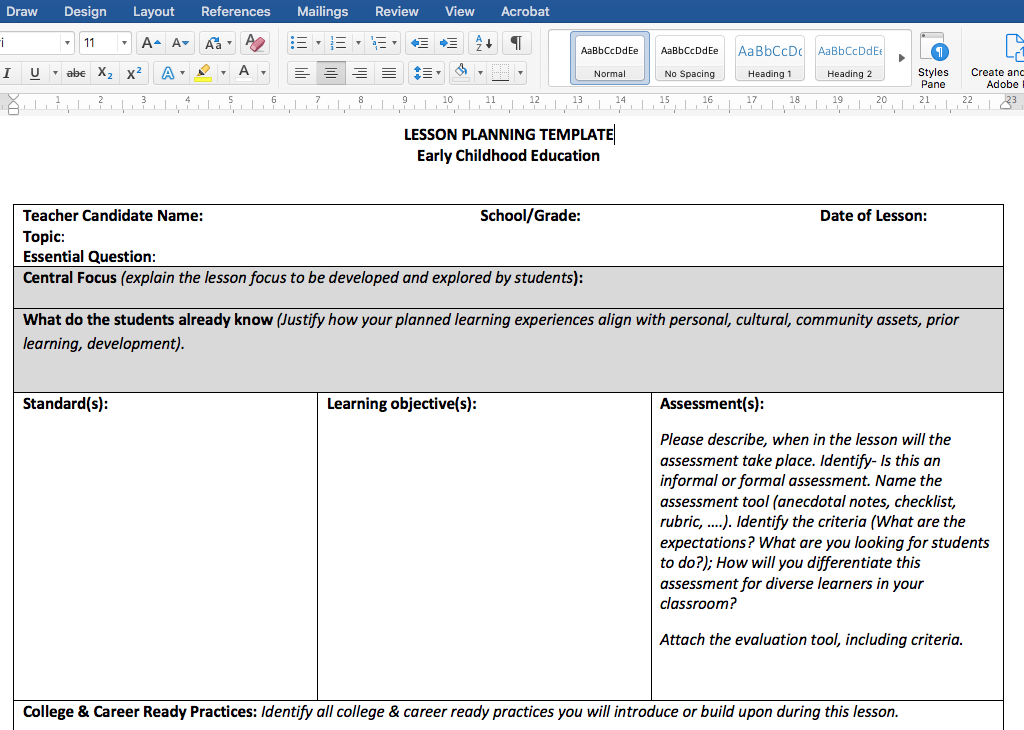
This lesson planning template is designed for Early Childhood Education, providing a structured framework for teacher candidates. It begins with essential information such as the teacher’s name, school/grade, and the date of the lesson. The topic, essential question, and central focus are clearly outlined to guide the instructional process.
The template emphasizes understanding the students’ existing knowledge and assets, ensuring alignment with their personal, cultural, and community backgrounds. It incorporates standards, learning objectives, and assessments, including details on when and how assessments will take place. Differentiation strategies are outlined to address diverse learners, and college and career-ready practices are identified.
The planning section includes considerations for academic language, key vocabulary, and a list of materials and resources with proper citations. The teaching and learning section is detailed, broken down into the beginning (motivation and activation of prior learning), middle (exploration, collaboration, practice, and feedback), and closure (demonstration and practice of new understandings).
The template also highlights differentiation strategies for teaching, learning, and assessment based on interest, readiness, and learning style. It encourages support for varied learning needs and the promotion of children’s active and multi-modal nature of learning.
Finally, the template includes a section for the analysis of student learning to be completed after the lesson. It prompts reflection on what students learned, provides space for evidence supporting these claims, and encourages teachers to plan the next steps for instruction based on their analysis. Overall, the template serves as a comprehensive guide for planning, implementing, and assessing lessons in early childhood education.
